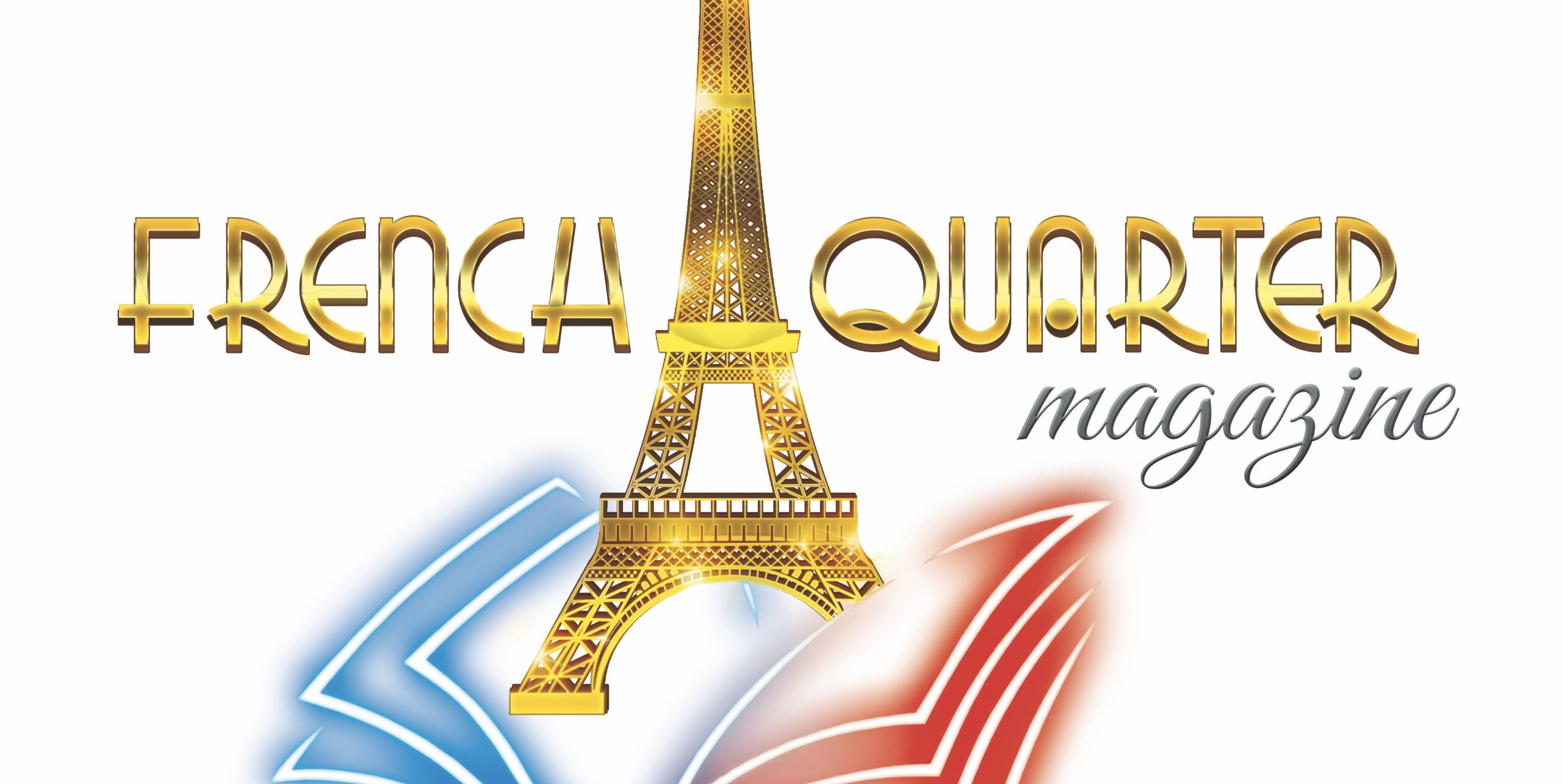How to Write an Essay in French Without Giving Yourself Away as a Foreigner

Image source: https://www.pexels.com/photo/close-up-shot-of-a-quote-on-a-paper-5425603/
Bienvenue! Do you dream of unleashing your inner French literary genius, but worry that your writing might inadvertently reveal your foreign roots? Fret not, mes amis, as we have the ultimate guide to help you master the art of essay writing en Français!
Within these pages, we’ll navigate the intricate waters of linguistic nuances, cultural subtleties, and grammatical finesse, allowing you to exude the aura of a native French speaker effortlessly. Many students like you have embarked on this journey, seeking academic assistance from platforms like https://paperwritten.com/ to conquer their writing pursuits.
From crafting a compelling introduction to fashioning impeccable conclusions, we’ll unveil the secrets that will leave your professors applauding your newfound linguistic prowess. So, bid adieu to those awkward linguistic giveaways and embrace the sheer elegance of French expression – all while keeping your foreign identity beautifully concealed! Let’s embark on this adventure together and unlock the true essence of writing like a native French virtuoso.

1. Mastering French Grammar and Vocabulary: Building a Strong Foundation
To create a compelling French essay, it’s essential to lay a solid groundwork. Ensure that your French grammar is accurate and that you possess a rich vocabulary. Avoid relying on online translators, as they may yield awkward or incorrect sentences. Instead, embrace reputable dictionaries and language resources to enhance your language skills effectively.
2. Mimic Sentence Structures: The Art of Authentic Expression
To truly immerse yourself in the French language, observe and mimic the sentence structures used by native speakers. Analyzing essays written by experienced writers can prove invaluable in grasping the authentic style required to compose a captivating essay.
3. Use Transition Words: Crafting a Smooth Flow of Ideas
In French essays, the use of transition words and phrases plays a pivotal role in connecting ideas seamlessly. Incorporate expressions like “de plus,” “en outre,” “en conclusion,” “tout d’abord,” and “par conséquent” to add coherence and elegance to your writing.
4. Embrace French Idioms and Expressions: Unveiling Cultural Fluency
Demonstrate a deeper understanding of the French language and culture by incorporating idioms and expressions where appropriate. However, remember to use them sparingly to avoid overwhelming your essay.
5. Pay Attention to Formality: Striking the Right Tone
Tailor the formality of your writing to suit the context of your essay. Whether you are crafting an academic piece or a more personal creation, be mindful of your choice of vocabulary and sentence structures to match the required tone.
6. Research Cultural References: The Power of In-depth Knowledge
If your essay touches upon French culture, history, or literature, extensive research is key. Delve into your subjects to avoid mistakes and showcase your genuine interest in the matter at hand.
7. Avoid Direct Translations: Let French Be French
To avoid awkward phrasing, strive to think in French rather than translating directly from your native language. This will lead to a more natural and eloquent essay.
8. Practice Writing Regularly: The Path to Proficiency
Mastering the art of French writing requires regular practice. Embrace writing in French frequently to grow more comfortable with the language and refine your unique writing style.
9. Read French Literature: A Gateway to Inspiration
Explore the world of French literature to expose yourself to diverse writing styles. This practice will deepen your understanding of the language and immerse you further in French culture and history.
10. Connect with French Culture: Bridges of Cultural Resonance
Incorporate cultural references that resonate with French readers, such as art, cuisine, festivals, historical figures, or social customs. Authenticity is key, so avoid relying on stereotypes.

11. Use a French Thesaurus: Expanding Your Linguistic Palette
Discovering new contextually appropriate words can elevate your writing. Embrace a French thesaurus to find synonyms that may not be apparent through direct translations.
12. Master French Punctuation: The Finishing Touch
Take care to use correct French punctuation marks, such as guillemets (« ») for quotes and proper accent marks. These subtle details add a professional touch to your essay.
13. Practice French Rhetorical Devices: Crafting Eloquent Prose
Experiment with rhetorical devices like parallelism, repetition, and antithesis to lend depth and sophistication to your writing.
14. Pay Attention to Word Order: Unlocking French Sentence Structure
French boasts a unique sentence structure distinct from English. Dive into the intricacies of subject-verb-object order and grasp the art of organizing sentences to sidestep common foreign mistakes. Embracing this essential aspect will elevate your writing to a truly native level.
15. Use French Idiomatic Expressions: Infuse Cultural Flair
Enrich your prose with the colorful tapestry of French idioms, reflecting the vibrant essence of the culture. Yet, a word of caution – wield them with finesse, for the strategic placement of an idiom can imbue your essay with unparalleled flair and authenticity.
16. Master Pronouns and Agreement: The Dance of Language
The dance of pronouns, nouns, and adjectives requires your keen attention. Like a skilled performer, ensure their seamless alignment to avoid inadvertently revealing your non-native status. Mastering this harmony is key to writing like a true Francophone.

17. Understand Subtle Connotations: Unveiling Linguistic Shades
Delve into the labyrinth of French words, where subtle connotations diverge from their English counterparts. Familiarize yourself with these delicate nuances, for it is in their mastery that your writing shall find refinement.
18. Study Formal and Informal Registers: Tailoring Language to Purpose
Akin to selecting the perfect outfit for each occasion, comprehend the art of using formal and informal language. Consider your essay’s purpose and audience, and with this knowledge, enhance your authenticity, seamlessly aligning with the appropriate linguistic register.
19. Practice Dialogue Writing: Conversing with Eloquence
Embark on the journey of dialogue writing to enrich your linguistic repertoire. As you hone your conversational skills, watch as authenticity gracefully weaves itself into your written work, enchanting readers with its charm.
20. Seek Feedback: A Second Set of Eyes
To refine your essay further, seek the guidance of a native French speaker or language tutor from the best cheap essay writing services. Their valuable feedback can uncover any language or cultural mistakes you may have made, allowing you to make necessary improvements.
Final Take
Equip yourself with these priceless tips and set forth on your quest to master the art of French writing. Embrace the language’s allure, immerse in its rich culture, and watch your words flow with grace and poise. À la plume! Let the pen become your ally in crafting captivating prose that echoes with authenticity and charm.
Header Photo Credit by George Milton: https://www.pexels.com/photo/smiling-woman-in-eyeglasses-with-books-7034478/





















I cannot tell you how excited I am to get your book. I'm trying to write a story involving Reunion…